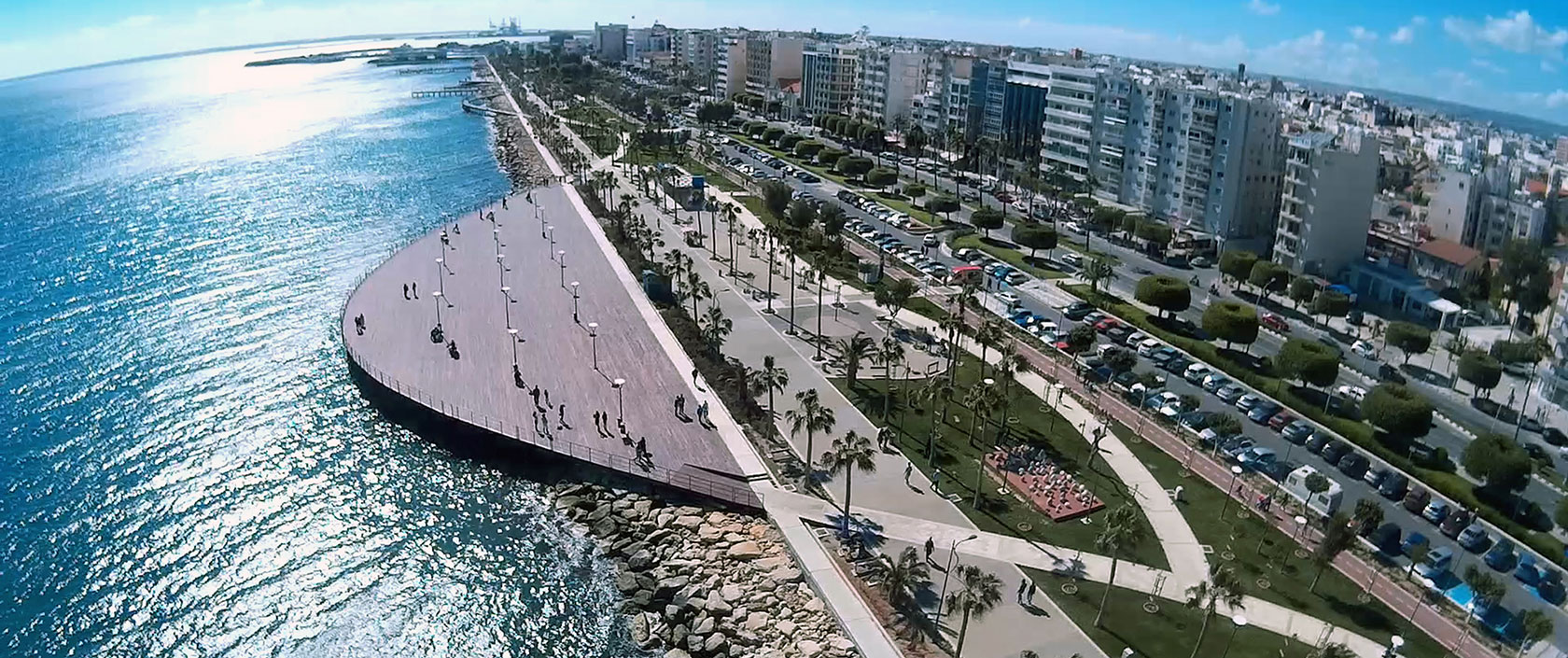Compensation is paid only when it is proven there has been a substantial reduction in its value
The development possibilities of a property depend on the urban planning in the area in which it is located. Consequently, urban planning changes and building permits, such as the granting of a strip of land on the property for the purpose of widening a road, can result in a substantial reduction in the economic value of a property.
Owners are not compensated based on the cost or value of the affected area for the creation of a public utility project, but must demonstrate that their property has suffered substantial damage, such that it would not be reasonable for the owner to suffer.
The facts are examined in each case separately and there is no general rule for compensation.
Legislative provisions
The issue of claiming compensation is regulated by the time limits set by the provisions of the Town Planning and Housing (Compensation) Regulations of 1990 and by section 68 of the Town Planning and Housing Law. The owner is entitled to file a lawsuit within one month of the expiration of a six-month period from the response or failure to respond to their request for compensation.
It is provided that fair compensation shall be paid if substantial damage to property occurs as a result of the application of the provisions of the Town Planning Law.
For the calculation of compensation, the rules provided for in article 10 of the Compulsory Acquisition Law shall apply, which stipulates that in the case of compulsory acquisition of immovable property the value of which has been affected due to the imposition of any restrictions, or by virtue of any other Law, and any compensation which would be considered payable in accordance with the provisions of article 23 of the Constitution.
Court case
The matter was examined by the Supreme Court in its decision issued in C.A.357/2016, dated April 16. The subject matter of the appeal was the correctness of a decision by the court of first instance to dismiss the action of an owner who claimed compensation for damage or a substantial reduction in the value of his property, as a result of a planning and building permit.
Specifically, the property owner secured a planning permit for the construction of three houses and the Department of Town Planning and Housing, when granting the permit, imposed conditions, including the concession of a strip of land on the property, of approximately 325sqm, for the purpose of widening the road, worth €86,125.
The owner implemented the development after securing a building permit and erecting the three houses within the property.
The Ministry of the Interior rejected his claim for compensation, so he filed a lawsuit claiming compensation for damage and/or a substantial reduction in the value of the property. The court dismissed his lawsuit, deciding that the owner had not proven that he had suffered damage.
The Supreme Court, examining the owner’s appeal, referred to the relevant legislation and case law, deciding that article 68 of the Town Planning Law explicitly provides that compensation is paid only when it is proven by the claimant that, as a result of the urban planning decision affecting the immovable property, there was a substantial reduction in the economic value of the property.
As regards the substance of the issue, it held that the court of first instance correctly recognised that the concept of loss is not equated with the loss of the affected area, but implies some particular consequence that the owner would not reasonably be expected to suffer.
He was the one who had chosen the specific development of his property by submitting the plans for approval to the competent authorities and by granting an area of 325sqm of the property for the widening of the road, thereby accepting the conditions that the competent authority imposed on him.
The Supreme Court concluded that the owner was able to develop his property, erecting three houses on it and, within the framework of the local planning, was imposed the condition of granting 325sqm of his property for the purposes of widening the road network of the area, which serves not only the public but also himself.
Under these circumstances, there was no violation of either Article 23 of the Constitution or Article 1 of the First Protocol to the ECHR and dismissed the appeal.
George Coucounis is a lawyer specialising in Immovable Property Law, based in Larnaca. E-mail: [email protected], tel: 24818288







Click here to change your cookie preferences